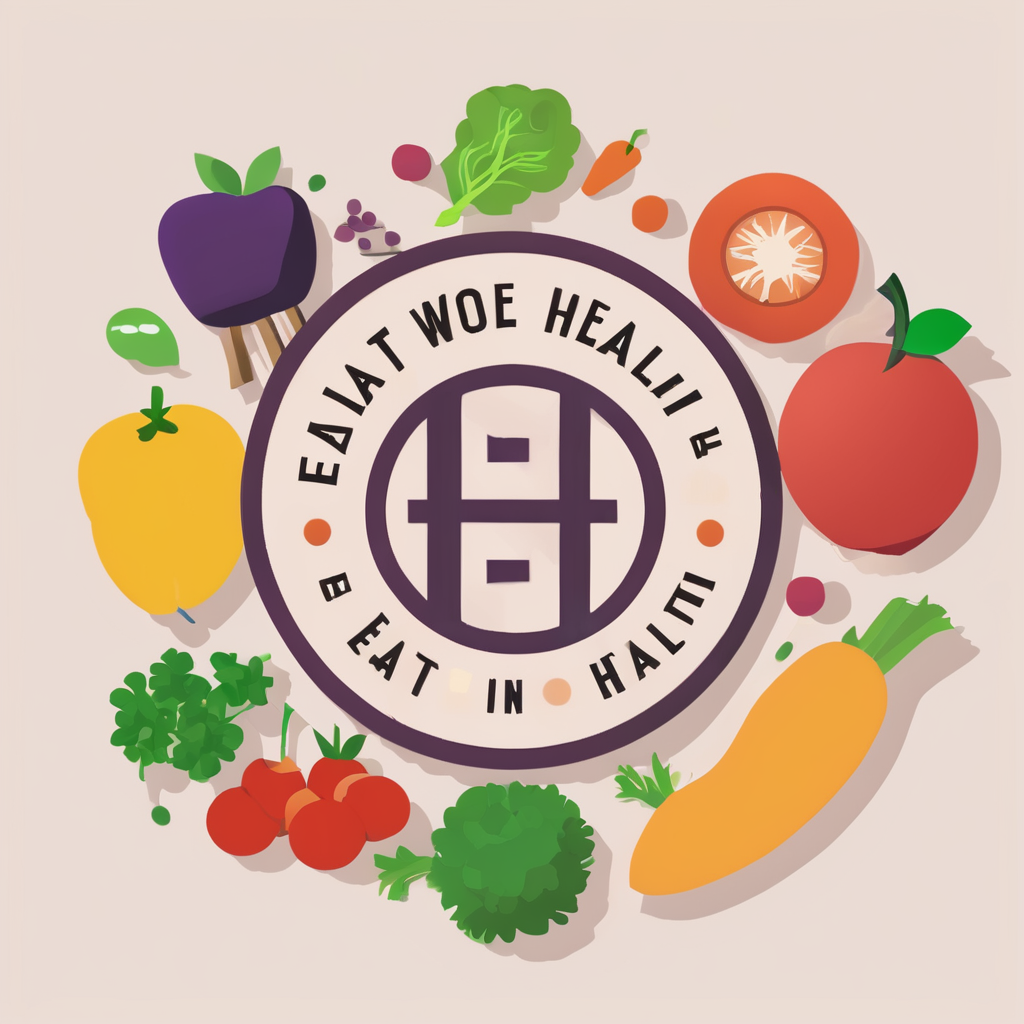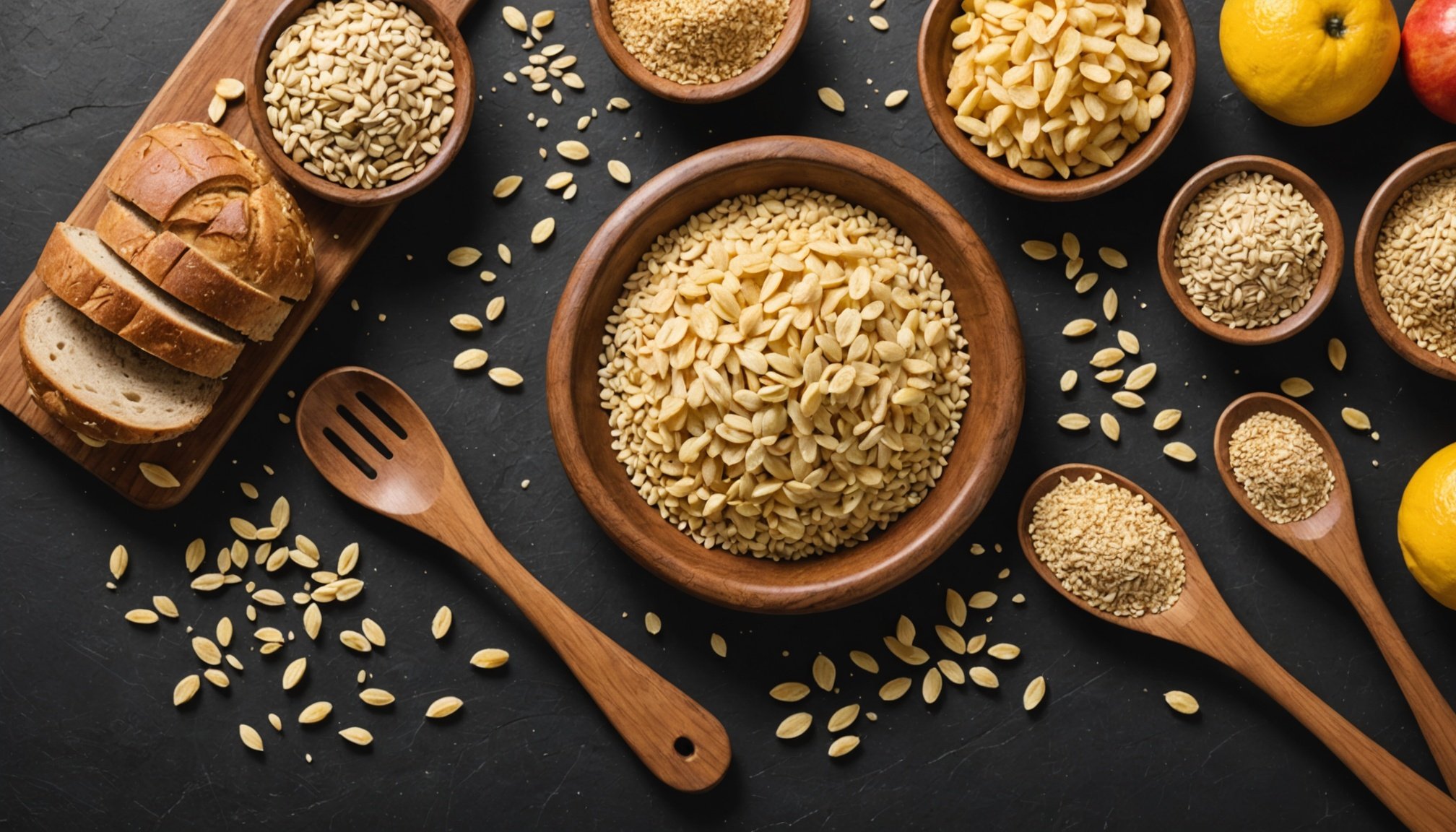Unlocking the Perks: How a Gluten-Free Diet Can Enhance Life for Those with Non-Celiac Gluten Sensitivity
Understanding Non-Celiac Gluten Sensitivity
Non-Celiac Gluten Sensitivity (NCGS) is a condition that has gained significant attention in recent years, particularly among individuals who do not have celiac disease or a wheat allergy but still experience symptoms after consuming gluten. To understand the benefits of a gluten-free diet for these individuals, it’s crucial to first grasp what NCGS is and how it differs from other gluten-related disorders.
NCGS is characterized by symptoms such as abdominal pain, bloating, diarrhea, and fatigue, which are similar to those experienced by individuals with celiac disease or a wheat allergy. However, unlike celiac disease, NCGS does not cause the same level of intestinal damage, and there is no specific test to diagnose it. Instead, diagnosis is often made through the process of elimination and observation of symptom improvement after removing gluten from the diet[3].
In the same genre : Unlocking Workplace Serenity: The Impact of Virtual Reality Mindfulness Training on Stress Reduction
The Benefits of a Gluten-Free Diet
For individuals with NCGS, adopting a gluten-free diet can be transformative. Here are some of the key benefits:
Improved Digestive Comfort
One of the most immediate benefits of a gluten-free diet is the improvement in digestive comfort. Many people with NCGS report a significant reduction in bloating, abdominal pain, and other gastrointestinal symptoms. For example, a personal account from someone who undertook a 30-day gluten-free challenge noted a marked improvement in digestive comfort, with a flatter stomach and almost complete disappearance of bloating[1].
Also to discover : Exploring the Connection: Can Virtual Learning Boost Teenagers” Physical Activity Levels?
Increased Energy
A gluten-free diet can also lead to an increase in energy levels. By eliminating gluten, individuals often find themselves more active and capable of managing their daily tasks with greater ease. This is partly because the body is no longer expending energy to deal with the adverse effects of gluten consumption[1].
Enhanced Mental Clarity
In addition to physical benefits, many people report an improvement in mental clarity and concentration. The reduction in inflammation and the elimination of gluten can lead to a clearer mind and better focus, making it easier to tackle daily tasks and maintain a positive outlook[1].
Better Skin Health
Another significant benefit is the improvement in skin health. Individuals with NCGS often notice a reduction in skin irritations and other dermatological issues after adopting a gluten-free diet. This is likely due to the reduction in systemic inflammation caused by gluten consumption[1].
How to Adopt a Gluten-Free Diet
Adopting a gluten-free diet can seem daunting, but with the right approach, it can be both manageable and beneficial.
Understanding Gluten-Containing Foods
Gluten is a protein found in wheat, barley, and rye. It is essential to identify and avoid foods that contain these ingredients. Here is a list of common gluten-containing foods:
- Bread and Baked Goods: Most traditional bread, cakes, and pastries contain wheat flour.
- Pasta and Cereals: Many pasta products and breakfast cereals are made from wheat.
- Processed Foods: Many processed foods, such as sauces, soups, and snack foods, may contain gluten.
- Beer: Most beers are made from barley and contain gluten.
Choosing Gluten-Free Alternatives
Fortunately, there is a wide range of gluten-free alternatives available. Here are some options:
- Gluten-Free Flours: Almond flour, coconut flour, and rice flour are popular alternatives.
- Gluten-Free Pasta: Made from rice, quinoa, or corn, these pasta products are just as tasty as their gluten-containing counterparts.
- Gluten-Free Baked Goods: Many bakeries now offer gluten-free options, and there are numerous recipes available online.
- Natural Foods: Fresh fruits, vegetables, meats, and fish are naturally gluten-free.
Practical Tips for a Gluten-Free Lifestyle
Here are some practical tips to help you transition to a gluten-free lifestyle smoothly:
Plan Your Meals
Planning your meals in advance can help ensure you stay on track. Here’s a sample meal plan:
| Meal | Gluten-Free Option |
|---|---|
| Breakfast | Gluten-free oatmeal with fruits and nuts |
| Lunch | Grilled chicken with quinoa and vegetables |
| Dinner | Baked salmon with rice and steamed vegetables |
| Snack | Fresh fruits or gluten-free energy bars |
Read Labels Carefully
Always read food labels carefully to ensure the product is gluten-free. Look for certifications like the Gluten-Free Certification Organization (GFCO) or the Celiac Support Association (CSA).
Cook at Home
Cooking at home allows you to control the ingredients and ensure that your meals are gluten-free. Here’s a simple recipe for gluten-free bread:
Ingredients:
- 2 cups gluten-free flour
- 1 teaspoon salt
- 1 teaspoon sugar
- 1 packet yeast
- 1 cup warm water
Instructions:
1. Mix dry ingredients.
2. Add yeast and warm water.
3. Knead the dough.
4. Let it rise.
5. Bake at 375°F for 30-40 minutes.
Common Misconceptions About Gluten-Free Diets
There are several misconceptions about gluten-free diets that need to be addressed:
Misconception: Gluten-Free Diets Are Always Healthy
While a gluten-free diet can be very healthy, it is not inherently so. Many gluten-free products can be high in sugar and unhealthy fats. It is crucial to choose whole, unprocessed foods as much as possible[3].
Misconception: Gluten-Free Diets Are Only for People with Celiac Disease
While celiac disease is a significant reason for adopting a gluten-free diet, it is not the only one. Individuals with NCGS and those who simply prefer a gluten-free lifestyle can also benefit from this diet.
Comparing Gluten-Free and Gluten-Containing Diets
Here is a comparative table highlighting the differences between gluten-free and gluten-containing diets:
| Aspect | Gluten-Free Diet | Gluten-Containing Diet |
|---|---|---|
| Digestive Comfort | Improved digestive comfort, reduced bloating and abdominal pain | Potential for bloating, abdominal pain, and other gastrointestinal symptoms |
| Energy Levels | Increased energy levels | Potential for fatigue and lethargy |
| Mental Clarity | Enhanced mental clarity and concentration | Potential for brain fog and decreased focus |
| Skin Health | Improved skin health, reduced irritations | Potential for skin irritations and other dermatological issues |
| Food Variety | Requires careful selection of gluten-free foods, but offers a wide range of alternatives | Includes a broad range of foods, but may limit dietary choices for those with gluten sensitivity |
| Nutritional Value | Can be nutritionally balanced if planned well, but may lack certain nutrients if not managed properly | Generally balanced, but can include high amounts of processed foods |
Real-Life Experiences and Scholarly Insights
Here are some real-life experiences and scholarly insights that highlight the benefits of a gluten-free diet for individuals with NCGS:
Personal Experience
“I decided to go on a 30-day gluten-free challenge to see how it would affect my health. The results were astonishing – I had more energy, my stomach was flatter, and I felt more focused throughout the day. It was a game-changer for me,” says a person who undertook the challenge[1].
Scholarly Insights
“Studies have shown that individuals with non-celiac gluten sensitivity can experience significant improvements in their symptoms by adopting a gluten-free diet. This is not just about avoiding gluten but also about adopting a healthier lifestyle,” notes a scholar from Harvard University[3].
A gluten-free diet can be a powerful tool for enhancing the lives of individuals with non-celiac gluten sensitivity. By understanding the benefits, knowing how to adopt this diet, and being aware of common misconceptions, individuals can make informed choices that improve their health and well-being.
As one individual who has adopted a gluten-free lifestyle put it, “It’s not just about cutting out gluten; it’s about living a healthier, more balanced life. And the benefits are well worth the effort.”
Whether you’re considering a gluten-free diet for health reasons or simply as a lifestyle choice, the key is to approach it with knowledge, planning, and a commitment to your health. With the right mindset and resources, you can unlock the perks of a gluten-free diet and enjoy a better quality of life.










